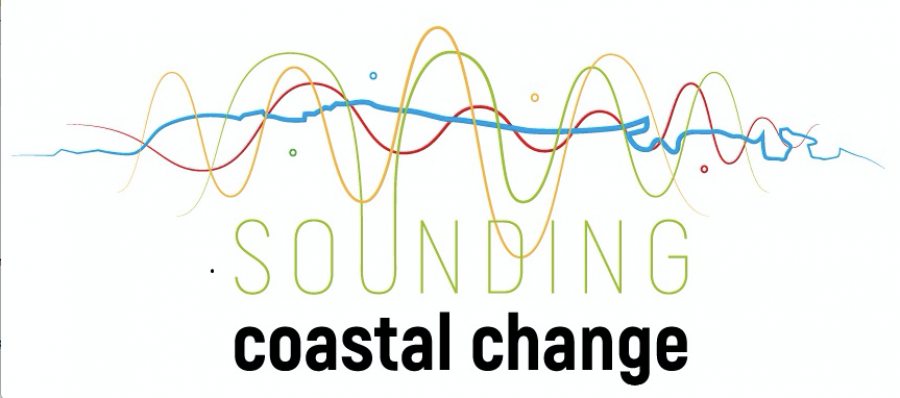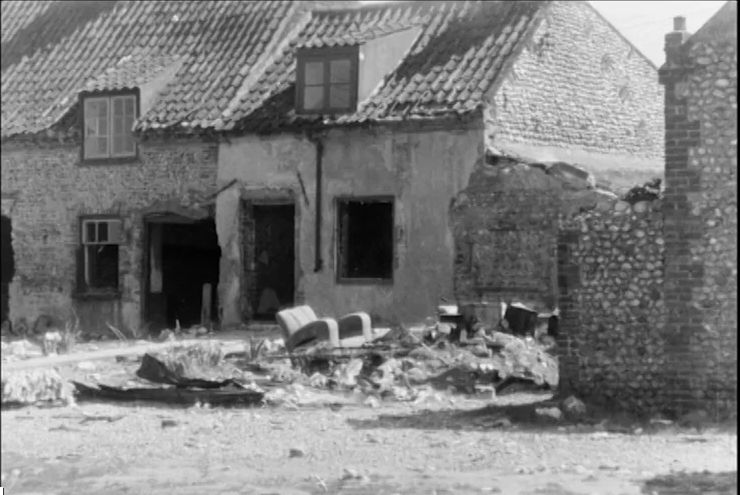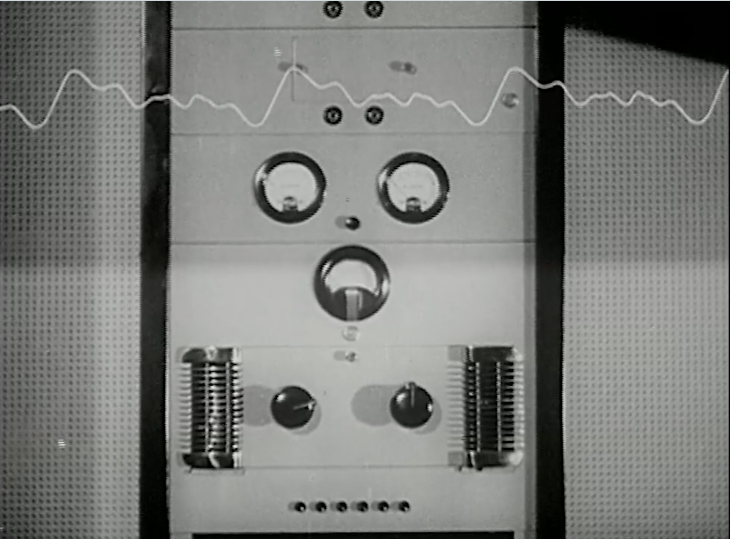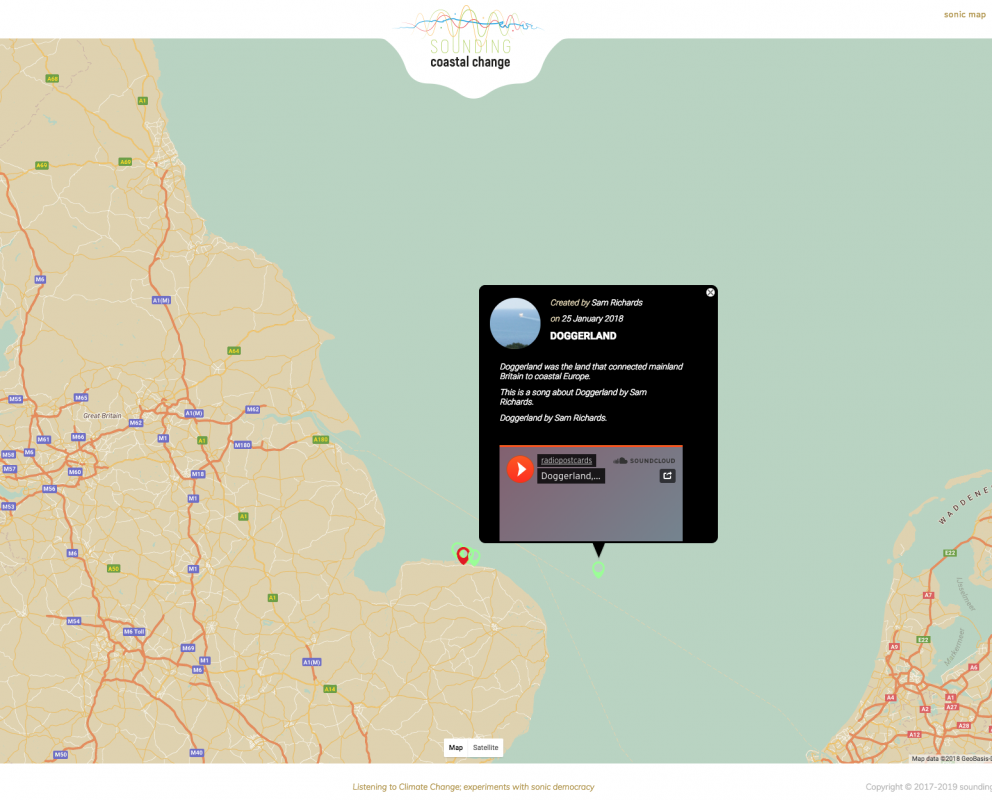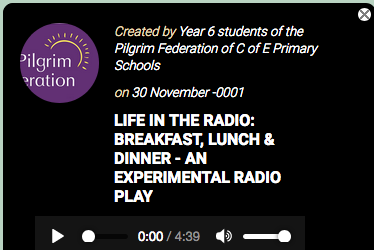Principal and Co-investigators
Dr George Revill (Principal)
Gair Dunlop (Co-Investigator)
Dr Johanna Wadsley (Research Associate)
Research Organisations
The Open University
Duncan of Jordanstone College of Art & Design, University of Dundee
National Trust
Regional & local partners
Funding sources
AHRC
Dates of funding
September 2016 - March 2019
Sounding Coastal Change is a research project about environmental and social change in North Norfolk. The idea is to use sound, music and different kinds of listening, to explore the ways in which the coast is changing and how people’s lives are changing with it. We also want to bring human and non-human voices together, to think about the future. The project home is Blakeney village and the creative activities focus upon the North Norfolk coast.
We are using human voices and environmental sounds together as part of this project in terms of ‘living landscapes’. The landscape is always changing or at least subject to change and it is made by the people who live on the land, along with the forces of nature as well as the plants, animals and birds we share it with. These three are not always in harmony, sometimes more so than others. Sounding Coastal change works with the assumption that to hear the sounds of coastal change we have to listen to all three as part of a sense of living landscape.
We work with village residents, school children and young people, locally and have had interest from community groups, institutional stakeholders, and visitors. The team includes geographers, musician/composers and sound artists, a radio producer and a documentary-art film-maker. The National Trust is the primary project partner. Other in-kind partners and collaborators include The Pilgrim Federation of Church of England Primary Schools, Blakeney Parish Council, St. Nicholas’ Church, the Norfolk Wildlife Trust, Holkham National Nature Reserve, the Norfolk Coast Partnership, Future Radio (Norwich) and the British Library Sound Archive.
In July 2017 a launch week in and around Blakeney included two sound installations hosted by project partners, and multi-day sound recording workshops with the local federation of primary schools. The week culminated in an evening live performance event showcasing different aspects of sonically-based engagements undertaken in the first nine months of the project. Drawing on different historical scales and forms of memory, each piece in the programme linked the Norfolk coast of the past to that of the now. We heard and sang folk songs collected in East Anglia in the 1970s and 80s; an audio-slide show presented the one of the sonic outputs from the children’s sound recording workshops, followed by a Q&A between the audience and an eleven-year-old representative from the schools; composer-singer-pianist Sam Richards performed the premier of a composition for piano and voice titled “Norfolk Melodies”, in which Sam wove old folk songs and contemporary piano improvisation together with a ‘new’ folk song, ‘Doggerland’.
Also presented at that event was “More Water in the Sea”, which reversed the usual creative process of sound-responding-to-visuals. Instead film-maker Gair Dunlop responded to a composition by digital sound artist Lona Kozik, in which she draws upon project interviews with Blakeney residents, sound from archive film footage, and ‘found’ sounds – sound recordings we made in the Blakeney area. The archive footage is used with the permission of the East Anglian Film Archive.
Our on-going and future engagements and outputs include: sound recording and participatory methods workshops (e.g. producing radio programmes, experimental ‘Latourian Parliament of Things’ activities, evidence cafes, reverse science cafes), sonic snapshots of partners’ environment-public engagement events (Bioblitz, International Dawn Chorus Day), a live performance of an experimental multi-performer audience-mobile work titled “Matters Arising” (20 June 2018), a large temporal scale radio installation, two interactive e-books, and a travelling exhibition presenting a documentary-art film about the project (October 2018 – February 2019). A project high point will be a 24 hour live online broadcast from Blakeney, to coincide with World Listening Day, 18 July 2018. Included in the broadcast programme will be the premier of a radio ballad lives and livelihoods on the North Norfolk Coast, followed by a live round-table discussion chaired by Prof. Joe Smith.
Visit soundingcoastalchange.org for information about the live events, to explore the project’s interactive sonic map, for publications arising, and to hear and see further examples of our sonic engagements with the north Norfolk Coast and its people. Everything created and presented through the project is free and open access.
The full team: Dr George Revill, geographer, Principal Investigator; Gair Dunlop, film-maker & Co-Investigator; Dr Johanna Wadsley, geographer, Research Associate; Dr Lona Kozik, composer, musician & digital sound artist; Sam Richards, composer, musician, folklorist & author; Richard Fair, radio producer, sound recordist & audio-visual artist; Robert Chastney, geographer & Norfolk research consultant; Chris Bonfiglioli, profiling & social media; Dr Kim Hammond, geographer & consultant research associate.
Close
